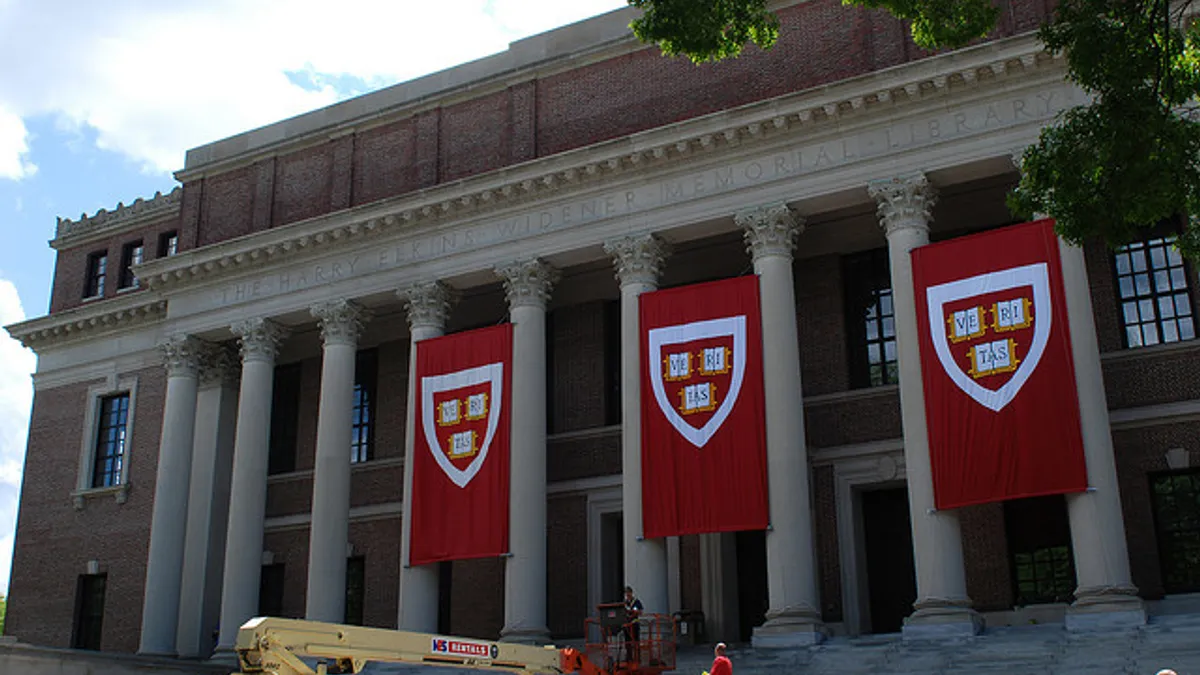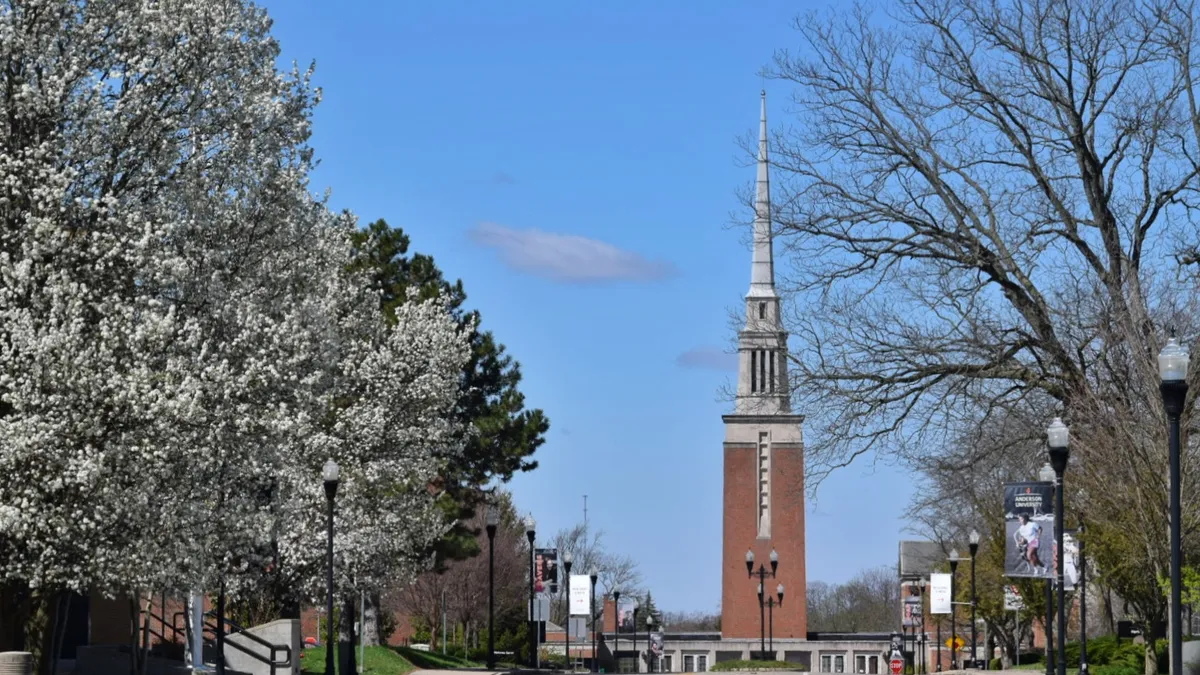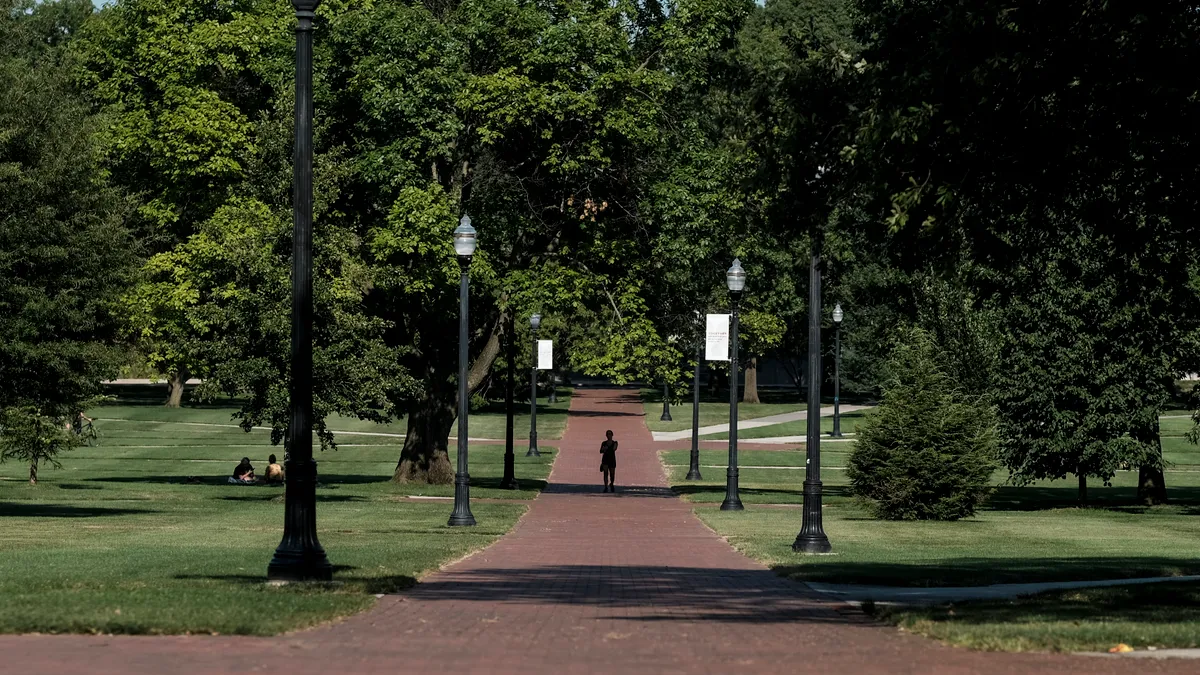Dive Brief:
- Harvard University has announced a partnership with TutorGen to pilot adaptive technology in its Super Earth astrology and biology hybrid MOOC curriculum, an advancement the school says could re-imagine how online education is delivered and assessed.
- The technology uses algorithms to measure student response and interactivity with homework assignments, and based upon this response, produces reports on learner comfort and capacity to master content while customizing the order in which certain problems or equations are presented.
- Students who learned within the experimental adaptive model had higher gains than students who learned through traditional models of course delivery.
Dive Insight:
Most content experts agree that there is an advantage to creating more comfort and confidence in the learning experience, and this technology appears to be the next step in assessing these characteristics in real-time. But with MOOCs, which can host thousands of students and frequently do not post high completion rates, giving students and easier path to completing assignments may not address issues of engagement and interest.
Provosts and deans should consider the fit of certain courses for online delivery, and their relevance to regional or national issues which may draw in students to enroll and to complete. Additionally, this technology should be paired with courses that, through some method of paid enrollment, guarantees students additional benefit beyond paying for a credential or certification hours.












